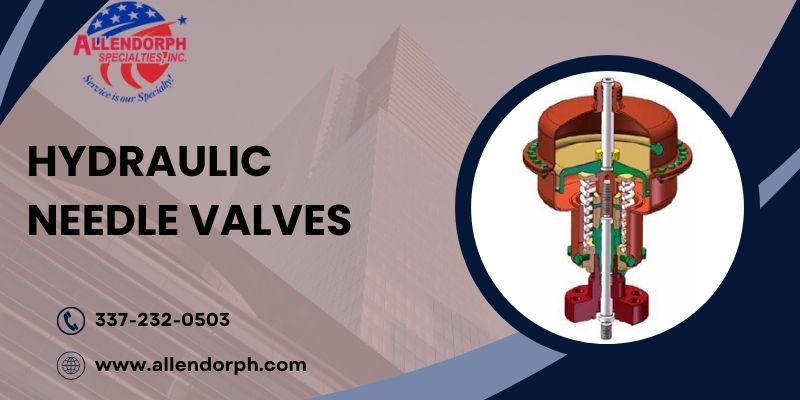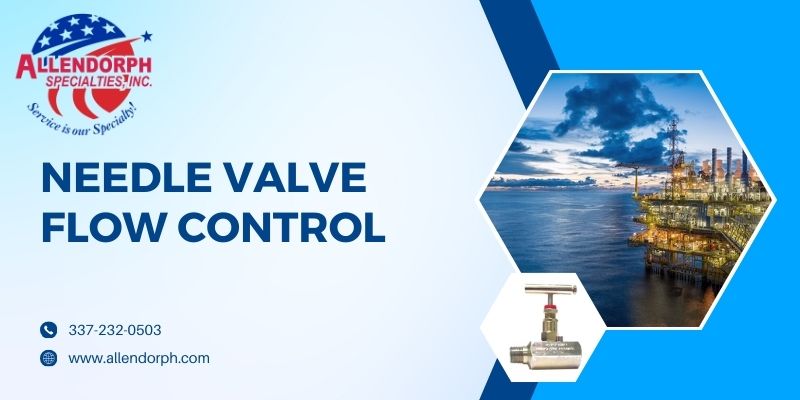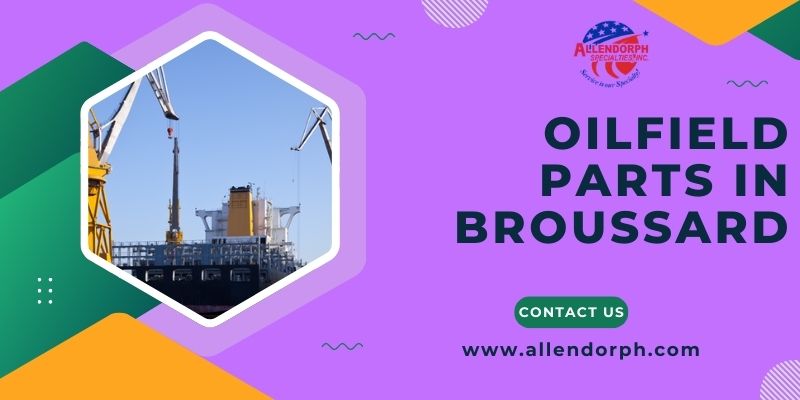The true cost for non-compliance is undoubtedly very high. But numbers don’t lie. In 2022, the total penalties to industry amounted to $3.945 billion. This makes adhering to compliance standards essential for the industries in question.
At Allen Dorph, we understand the significance compliance adherence in the industrial sector. All are products are made to the highest quality standards that go over and above the regulatory requirements. Like most other industries, the oil and gas industry has important compliance requirements that are mandated. Here are five such requirements that you should know of.
1. Occupational Safety and Health Administration (OSHA)
OSHA sets safety standards for the workplace. It aims to reduce risks in the oil and gas industry. Following OSHA regulations prevents workplace injuries and fatalities. Regular checks and audits ensure conformity with these criteria.
Training programs are crucial for ensuring worker safety. Employers must ensure compliance with safety protocols. It is mandatory to wear personal protective equipment (PPE). Having emergency response plans in place is crucial.
Following OSHA regulations ensures a workplace that is safe for employees. Safety meetings and drills are essential. Incident reporting systems play a role in pinpointing hazards. Safety practices should be continuously improved.
Businesses must accurately record and monitor any workplace injuries that take place. OSHA requires employers to maintain records of workplace injuries. This aids in recognizing and resolving safety concerns. Maintaining accurate records is a crucial part of ensuring OSHA regulations are followed.
2. Environmental Protection Agency (EPA)
The Environmental Protection Agency enforces standards for the environment. Its fundamental goal is to safeguard the air, water, and soil. Businesses must follow EPA regulations to prevent pollution. Environmental permissions are required for all operations. Monitoring and reporting are critical for ensuring compliance with legislation.
Waste management must be carried out correctly. Controlling emissions is necessary to comply with air quality laws. Spill prevention plans are useful in the event of an accident. Compliance with EPA regulations guarantee environmental protection.
Businesses are required to carry out evaluations of the environmental effects. This aids in recognizing possible environmental hazards. Mitigation measures need to be put in place in order to decrease these risks. Frequent environmental inspections help maintain consistent adherence.
Monitoring the quality of water is crucial. Businesses need to avoid polluting water sources. It is crucial to properly dispose of dangerous materials. Companies are mandated by the EPA to disclose all environmental infractions.
3. American Petroleum Institute (API)
API sets industry-specific standards. These standards cover equipment, operations, and safety. API standards are widely recognized. They ensure consistency and quality in the industry. Regular updates keep standards current with technological advancements.
API standards help in risk management. They provide guidelines for best practices. Compliance with API standards enhance operational efficiency. Training and certification programs support implementation.
Equipment used in the oil and gas industry must meet API standards. This includes drilling rigs, pipelines, and storage tanks. Regular inspections and maintenance are required. This ensures equipment operates safely and efficiently.
API standards promote the use of advanced technology. This helps in improving operational efficiency. Companies must stay updated with new standards. Implementing these standards is key to maintaining competitiveness in the industry.
4. International Organization for Standardization (ISO)
ISO develops global standards. ISO standards promote continuous improvement. They provide a framework for risk management. Regular audits help maintain compliance. Certification boosts credibility and competitive edge.
Regular audits help maintain compliance. Certification boosts credibility and competitive edge.
- ISO 14001 addresses the management of the environment.
- ISO 45001 deals with workplace health and safety. Adhering to ISO standards is not mandatory, yet it is advantageous. It shows dedication to maintaining high standards of quality and safety.
- ISO 14001 assists enterprises in handling their obligations towards the environment. It provides guidance on minimizing environmental impact. Companies need to set environmental goals. It is essential to monitor and evaluate environmental performance.
- ISO 45001 places an emphasis on safety in the workplace. It helps businesses establish a secure work environment. Companies need to identify and handle workplace hazards. Safety audits and training programs need to be conducted on a regular basis.
5. Bureau of Safety and Environmental Enforcement (BSEE)
BSEE oversees offshore oil and gas operations. It enforces safety and environmental regulations. Compliance with BSEE standards is mandatory. Inspections and investigations ensure adherence. BSEE aims to prevent accidents and spills.
Safety management systems are essential. Emergency preparedness is crucial. Companies must conduct regular drills. BSEE compliance ensures safe and environmentally responsible operations.
BSEE requires companies to submit safety and environmental plans. These plans outline procedures for safe operations. Regular updates to these plans are necessary. Companies must ensure all employees are familiar with these plans.
Incident reporting is a key component of BSEE compliance. Companies must report any accidents or spills. Investigations help identify the cause of incidents. Corrective actions must be implemented to prevent recurrence.
Final Thoughts
Finally, the oil and gas industry must emphasize compliance. This is vital for worker safety and environmental protection. It also promotes operational efficiency and regulatory compliance.
At AllenDorph Specialties, our objective is to efficiently serve our customers 24×7, with products that can be easily sent to any location in the United States and around the world. For high-quality products like hydraulic needle valves or needle valve flow control, order from us today!




